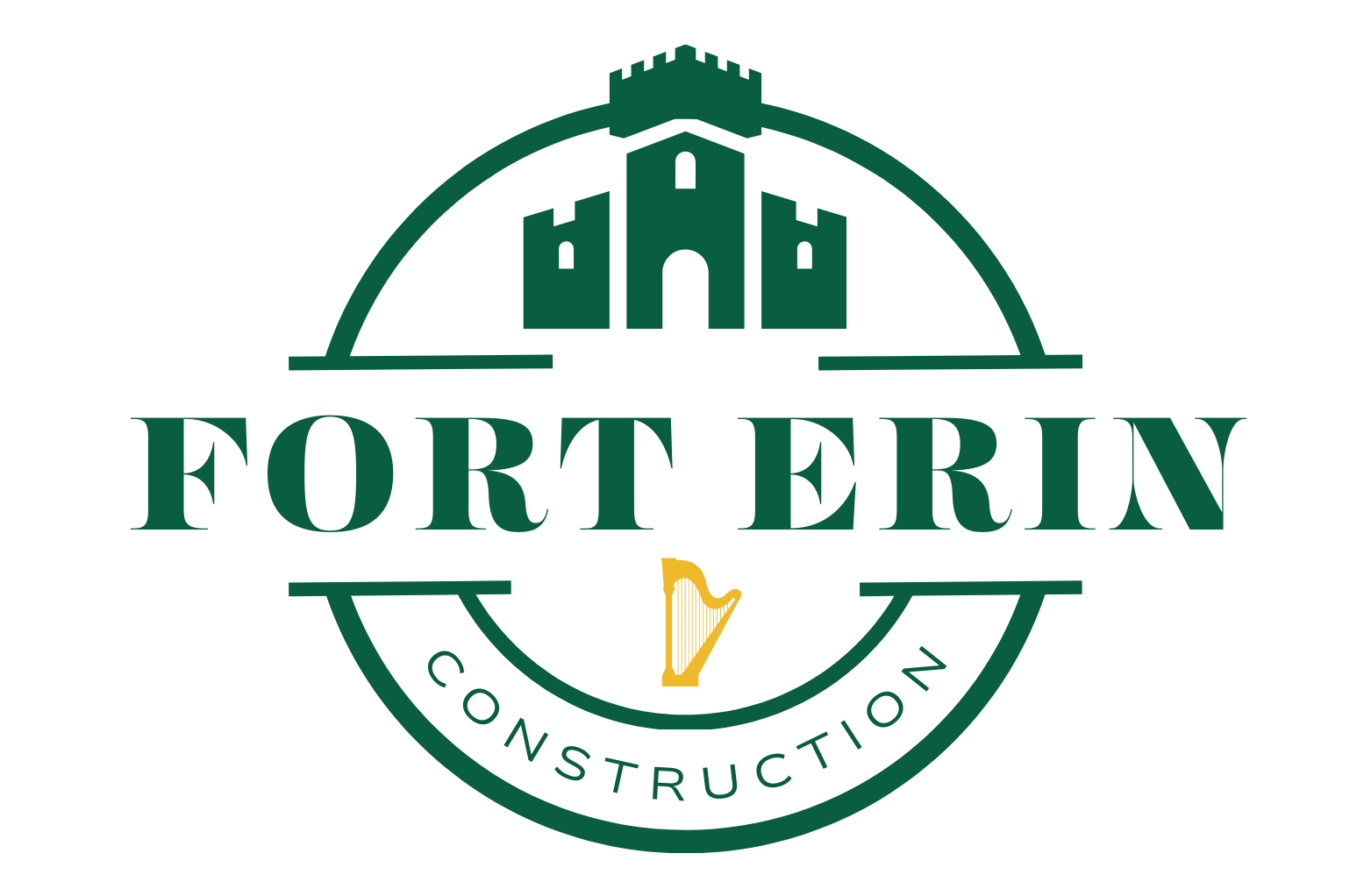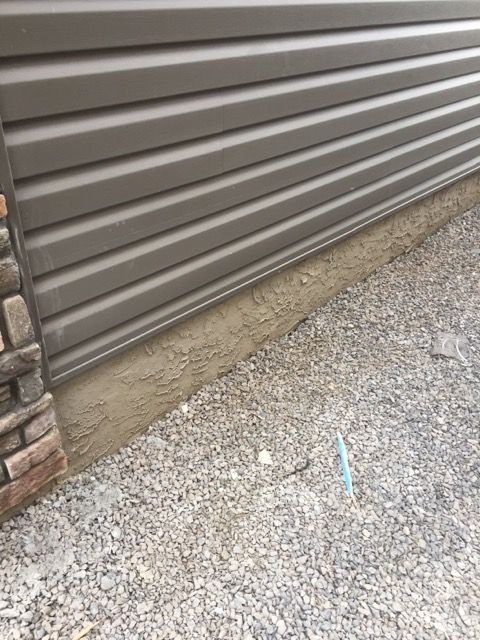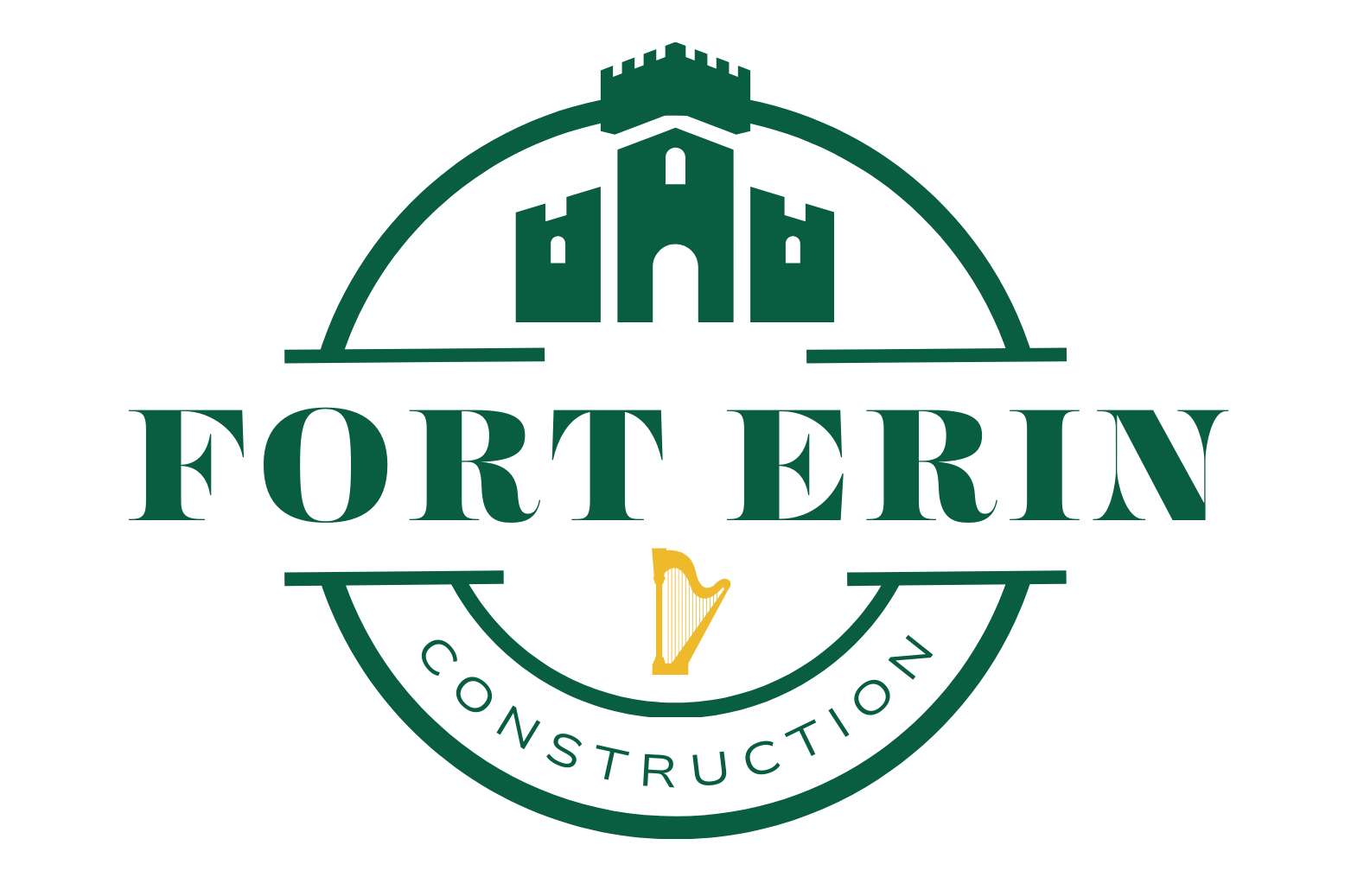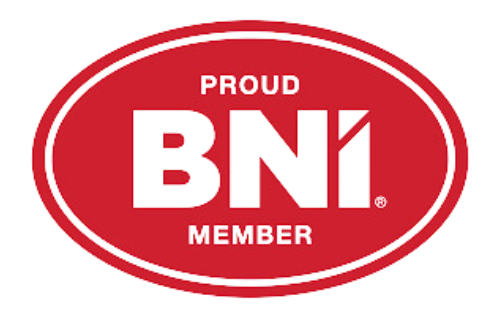Get in touch
555-555-5555
mymail@mailservice.com
Understanding Tiles
May 28, 2024
Tiles: Types, Uses, and Benefits
Tiles are a versatile and stylish choice for many areas in your home. They come in various types, each with unique features and benefits, making them suitable for different applications. In this blog, we'll explore the different types of tiles, their uses, and why they might be the perfect option for your next home improvement project.
Types of Tiles
- Ceramic Tiles
- Description: Made from clay and other natural materials, ceramic tiles are kiln-fired to achieve a hard surface.
- Benefits: Durable, water-resistant, and available in a wide range of colors and designs.
- Uses: Ideal for bathrooms, kitchens, and other areas prone to moisture.
- Porcelain Tiles
- Description: A type of ceramic tile, but made from finer clay and fired at higher temperatures.
- Benefits: Denser, more durable, and less porous than ceramic tiles. They are also resistant to frost, scratches, and stains.
- Uses: Suitable for both indoor and outdoor use, including floors, walls, and high-traffic areas.
- Natural Stone Tiles
- Description: Made from natural materials such as marble, granite, limestone, and slate.
- Benefits: Unique, natural beauty with each tile being one-of-a-kind. Highly durable and long-lasting.
- Uses: Perfect for adding a touch of luxury to kitchens, bathrooms, and living areas. Requires sealing to prevent stains and moisture damage.
- Glass Tiles
- Description: Made from glass and available in a variety of colors and finishes.
- Benefits: Reflect light, making spaces appear larger and brighter. Resistant to stains and moisture.
- Uses: Excellent for backsplashes, accent walls, and decorative borders.
- Mosaic Tiles
- Description: Small tiles made from ceramic, porcelain, glass, or natural stone, often arranged in patterns or images.
- Benefits: Highly decorative, versatile, and can be used to create intricate designs.
- Uses: Popular for backsplashes, shower floors, and accent walls.
- Cement Tiles
- Description: Handcrafted using cement, pigments, and sand.
- Benefits: Extremely durable and customizable with a wide range of colors and patterns.
- Uses: Ideal for floors, especially in high-traffic areas, as well as walls and outdoor spaces.
- Metal Tiles
- Description: Made from metals like stainless steel, copper, and aluminum.
- Benefits: Modern and industrial look, durable, and easy to clean.
- Uses: Great for kitchen backsplashes, accent walls, and bathrooms.
Uses of Tiles
- Flooring
- Ceramic and Porcelain Tiles: These are popular choices for flooring due to their durability and ease of maintenance. They are particularly well-suited for kitchens, bathrooms, and high-traffic areas.
- Natural Stone Tiles: Ideal for areas where you want to make a statement, such as entryways or living rooms. They provide a luxurious and timeless look.
- Walls
- Ceramic and Glass Tiles: Commonly used for kitchen backsplashes and bathroom walls. They are easy to clean and resistant to moisture and stains.
- Mosaic Tiles: Used to create decorative accents and intricate designs on walls.
- Outdoor Spaces
- Porcelain and Cement Tiles: Due to their durability and resistance to weather, these tiles are great for patios, walkways, and outdoor kitchens.
- Natural Stone Tiles: Provide a natural and elegant look to outdoor spaces. Ideal for garden paths and pool areas.
- Countertops
- Porcelain and Natural Stone Tiles: These tiles are durable and resistant to heat, making them suitable for kitchen and bathroom countertops.
Why Tiles?
- Durability
- Tiles are known for their long-lasting nature. With proper installation and maintenance, they can last for decades without losing their beauty or functionality.
- Low Maintenance
- Most tiles require minimal maintenance. Regular sweeping and occasional mopping keep them looking new. For natural stone tiles, periodic sealing is necessary to maintain their appearance and durability.
- Water Resistance
- Tiles, especially ceramic and porcelain, are highly resistant to water, making them ideal for kitchens, bathrooms, and other moisture-prone areas.
- Versatility
- With a wide variety of materials, colors, patterns, and sizes available, tiles can suit any design aesthetic, from traditional to contemporary.
- Eco-Friendly Options
- Many tiles are made from natural materials and can be recycled. Some manufacturers also offer eco-friendly tiles made from recycled content.
- Improved Air Quality
- Unlike carpets, tiles do not trap dust, pollen, or other allergens, contributing to better indoor air quality.
- Heat Resistance
- Tiles are a good choice for areas exposed to high temperatures, such as kitchen countertops and fireplace surrounds.
Tiles are a fantastic choice for enhancing the beauty and functionality of your home. With various types available, Fort Erin Solution can help find the perfect tile for any project, whether it’s a durable floor, a stylish backsplash, or a luxurious bathroom. We understand the different types and their uses helping you create spaces that are both practical and visually appealing.
